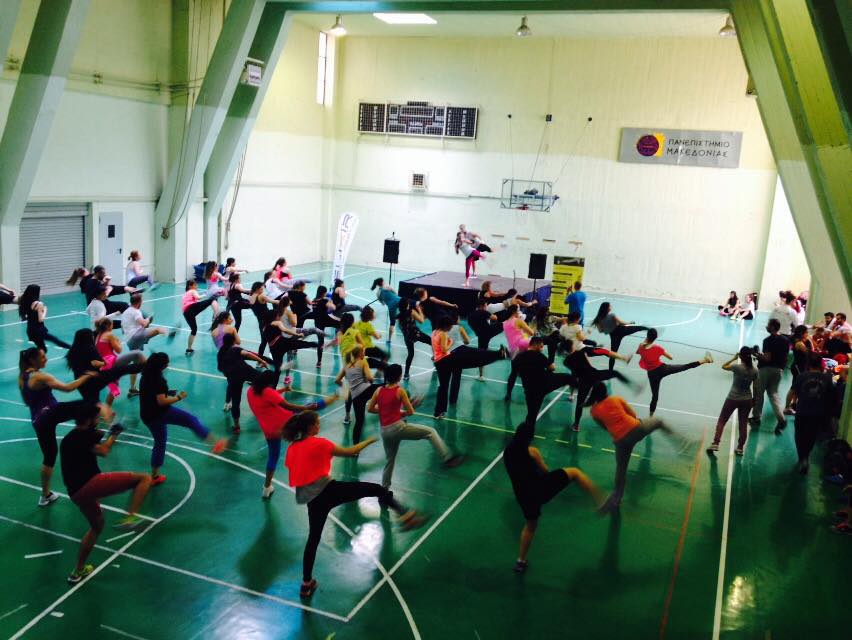 Teaching English in Greece
Teaching English in Greece
by Theodora Papapanagiotou
Every country has a unique education system which suits the needs of its inhabitants. I can say that Greek people try to learn a lot of languages and English is certainly the most important foreign language, since we need it for both educational and professional development in various careers. Learning English is crucial to us also because almost 25% of Greece’s population is involved in this or that way in the tourism industry.
There are various places where one can learn English in Greece, but for every child with no exception it starts in elementary school. English is a compulsory subject from the third grade and some schools, especially in the private sector, might even include it in their curriculum in the first grade or at kindergarten. Students continue learning English until they graduate from high school at the age of 18.
One interesting (or strange) thing I observe in Greece is that we don’t think that learning a foreign language at school is enough, and so we send our kids to private language schools that they attend after school in order to learn more and/or better.
One of the reasons why this happens is that here people love taking exams and receiving certificates, which makes language schools focus on preparing students for these particular exams. There are over 30 different English language certificates and exams in Greece, so most teachers have to be exam-oriented, unfortunately.
It is very important for Greek students to acquire a certain level of language at a specific age: for example, get to B2 CEFR level at 13-14 years old and then reach C2 CEFR level at 16. The expression that may often be heard from the parents, “We would like our child to finish with English as soon as possible.” I see no clear reason why this is happening. Some people will say that it is impossible to “finish with English” at the age of 16, especially because the higher levels of language (such as C2) are meant for people who have some kind of experience in life, can understand certain types of texts, and write an article or a formal complaint letter. Nevertheless, when faced with such demand, teachers have to overcome this obstacle, find ways to teach students of any age regardless of their life experience, and make them ready for exams.
To illustrate how serious the situation is, here’s another example: it sometimes happens that, as people turn to a language school or a specific teacher, they don’t say that they want to try to learn English, but rather that they just want to get the B2 certificate for a job.
Teaching grammar is another important part of ELT in Greece, largely because of the way we are taught our mother tongue, the Greek language, as well as the ancient Greek. Greeks know what a “subject” and an “object” is, they are well aware of the terms “passive voice” and “indirect speech,” so they feel the need to learn a new, foreign language in the grammar-focused way as well. Even though it is sometimes really hard to do for a teacher, especially in low level classes (and learning through play is a better way to teach children anyway), some parents still prefer the grammar book. As a result, teachers use coursebooks, workbooks, grammar books, activity books, vocabulary books… which is also very expensive.
Teaching English in Greece is not easy. Teachers have to face a lot of difficulties, such as working long hours or dealing with poor working and paying conditions. Nevertheless, there are a lot of teachers who try to do their best. There are teachers who teach through play, who use projects and integrate technology, who continue to learn new things about their profession through attending seminars, webinars, and teacher groups. And it is those teachers that make all the difference.


